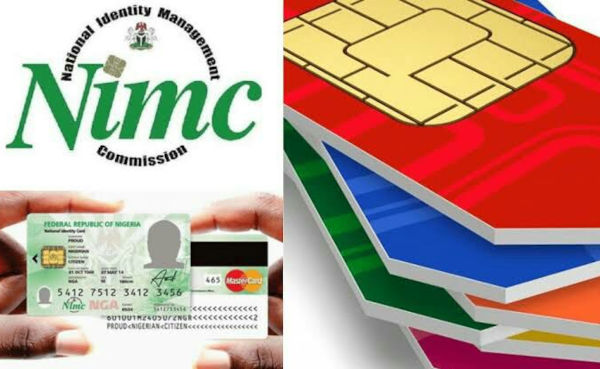This post provides information on how to identify bitcoin scams.
There are two main reasons people invest in digital currencies like Bitcoin: first, it is used as a means of payment, and secondly, it is used as an alternative asset class.
Nigerians often have trouble using their credit cards at foreign online merchants. Due to a high fraud rate, most online shops outside Nigeria won’t even attempt to process a payment from a Nigerian card. Bitcoin is an attractive option since Bitcoin payments aren’t prone to costly chargebacks (for businesses) and it can’t be “blocked” based on the origin of the transaction.
The majority of Nigerians (as in our other markets) buy Bitcoin to use it as a store of value, an alternative asset class. Since Bitcoin is limited in supply and has a market value (in almost every country around the world), many people call it “digital gold”. It has aspects of gold (and aspects of money), but it’s just easier to buy, sell and store. Many emerging market currencies have been struggling against the US Dollar in recent years, so we’re seeing more investors placing a small amount of their investment portfolio into digital currencies, to hedge against depreciation.
2. IDENTIFYING BITCOIN SCAMS
Bitcoin is attractive to scammers for the same reason it’s attractive to you: it’s fast, it’s international, and it’s irreversible. So as Bitcoin usage has grown, we have seen more and more Bitcoin scammers disappear with user funds.
The following are some of the most persistent Bitcoin scams; Bitcoin Ponzi, HYIP or MLM schemes.
These schemes attract people with low or no subscription fees and promises of sky-high returns on their deposits. They often rely on existing investors signing up new ones, which is the only source of revenue or growth. As with all Ponzi schemes, early investors get paid with the money from later investors.
Inevitably when new investors stop signing up and depositing, the scheme collapses, since no more funds can be paid out.
WHAT TO LOOK OUT FOR
These are some of the warning signs that you might be dealing with an illegal scheme:
- Promises of very high returns/interest
- Guarantees that you “can’t lose money”
- Little verifiable information on company and owners
- Difficulties in withdrawing your funds
- Social signup links with high bonuses
- Sense of urgency to “invest now”
BITCOIN WALLET AND EXCHANGE SCAMS
There are some websites claiming to be wallets meant to store Bitcoin. Others claim to be exchanges, where one can trade Bitcoin. Others yet claim to do both, but many of these are in fact scam sites.
They simply get users to sign up and deposit Bitcoin or local currency for a while to build trust and then after a while make off with the money.
THINGS TO BE ON THE LOOKOUT FOR
- Only deal with reputable, registered companies
- Make sure you can verify the identity of the employees/owners
- See if they are mentioned in reputable local or international news publications
- Treat anonymous and new exchanges, apps and browser extensions with caution
LIST OF KNOWN BITCOIN SCAMS
Since it is very easy to set up a scam website, it is impossible to always have an up to date list of scams. You should do your own research and learn to look for suspicious schemes.
However, here are some sites that research/comment on scams:
- http://www.badbitcoin.org/thebadlist/
- http://bitcoinscammer.com/
- https://bitcointalk.org/index.php?topic=1326821.0
- http://behindmlm.com/
If you are putting your money anywhere, it’s up to you to do your own research and investigation (Google and Reddit can take you far). And remember: if something sounds too good to be true, it probably is.
For more information about bitcoin and how to get it, visit www.luno.com.
Article by Owenize Odia, Country Lead for Luno.





























